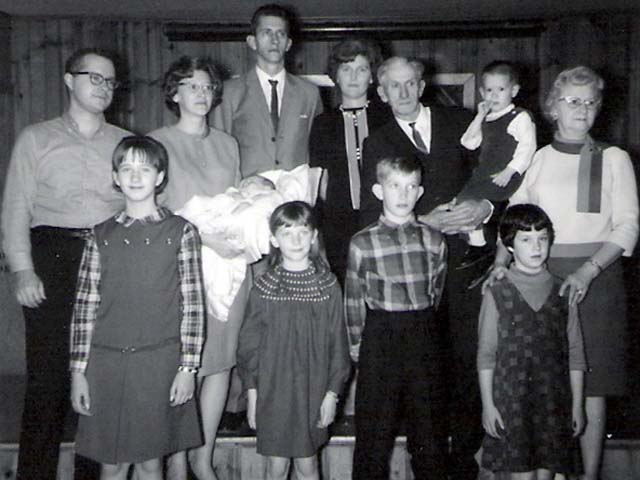Last year I published this photograph:

It was the second in a series of posts about photos I found in my 1898 Glomerata, which is Auburn’s yearbook, of which I have a humble collection. The first post was here. (I have three more from that book that I scanned to share here, but I’d forgotten about them until just now.)
I say all of this to mention an email I received today. A nice lady from Wisconsin is doing genealogical research on some of her in-laws and one of the guys in this picture is her man, Franklin Waters Van Ness, and did I know which one he might be.
He’s the guy who is sitting. He was the captain of the API track team. At an inter-mural field day against six other schools he won the half mile, running it in two minutes and five seconds. But, I said, that was all the yearbook had on him. This was both a surprise and not surprising. They never really seem perfectly complete, but, also, the school was so small back then, and so many names pop up more than once, that you imagine he’d been in there somewhere, but I can’t find him.
So I asked what she knew about F.W. Van Ness. My previous post had some information that I’d read from research that she’d posted on findagrave.com. She wrote back right away:
He and his brother moved to Chicago where they were engineers. Franklin was also an efficiency expert. Franklin met Jennie Sullivan there. She was a teacher. They married in Chicago and the three children were born there. The family then moved to Milwaukee where Jennie was instrumental in developing playgrounds at the schools. They then moved to East Orange, New Jersey. Franklin is on the 1920 census twice. I think he was also in Cincinnati, as well as East Orange, but he traveled for his work.
Being a southerner, he loved the south, and bought that cotton mill (in North Carolina), which went bust during the Depression. They had lived very wealthy lives until that point.
[…]
(H)e ended up in Richmond, Virginia, and I don’t know why or what he did until his death.
[…]
He was certainly a smart guy and very motivated until the Depression took the steam out of him.
One of his daughters became a success in the hospitality industry, writing a book and giving college lectures on hotel work. Another daughter married an admiral and an ambassador. Franklin’s wife, Jenny, a suffragist and prohibitionist, was one of the first two female legislators in New Jersey. This is an interesting family.
Where Franklin Waters Van Ness is buried is a mystery, so I started Googling the man once more. Where I once again came up empty.
But I did find out something about Franklin’s brother, Graham Van Ness, that she didn’t know. She knew he’d served in the 2nd Missouri during the Spanish American War, but her trail went cold. Here’s the actual muster roster with his name on it. His unit only made it as far as Georgia, where another guy in the 2nd Missouri was famous for being Jesse James’ son. The story goes that people would often visit his unit to take pictures of him. This gives us a small world moment. I’m apparently related to Jesse James, so my relative would have known my new email friend’s relative. Except not. Apparently, the essay notes, this was a trick played by one of the jokers in that unit. But small world!
I found all that because I found a mention of Franklin as F.W. Van Ness in the story covering the suicide or murder of Graham. They were brothers and, the Burlington Daily News explains, Graham had witnessed the murder of Jack Lingle. This was a huge story in Chicago and Graham was apparently on the run from hitmen. Lingle was a well-to-do reporter … and a friend of Al Capone.

She said another of Franklin’s brothers was murdered in Texas. And another part of the family features a man who made his money in oil and natural gas before branching out into shipping, real estate and S&Ls and buying the Dallas Cowboys. Some family tree.
All of that, and more, I learned today because of a 115 year-old-photo I published last year.






















